What Is All-Weather Roofing? All Your Roofing-Related Questions Answered
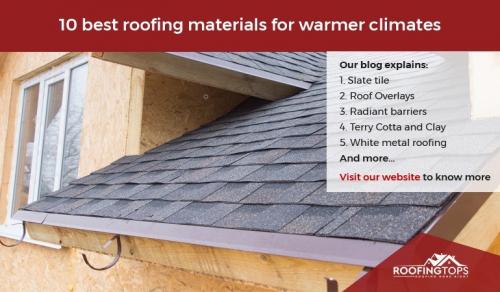
Your house is closest to
your heart, being the most expensive investment. Therefore, the roof, along
with other aspects, needs proper care. Initial days don't pose many challenges
to the various house components, but certain portions require maintenance and
repairs with time. Though these repairs are unavoidable, one can undoubtedly
ensure that one's roof delivers worthwhile performance.
The best way of ensuring a
long and healthy life of the roof is by choosing the most appropriate type.
Specific questions may pop into your mind, like what is all-weather roofing? Or which roofing material is best for
Warmer climates? The list of such questions is long. But, if you're also
looking for answers to these tricky questions, you've landed on the right page.
What is all-weather roofing?
Depending on the weather in
your area, the roofing material can be of various types. For example, if the
climatic conditions in your region are warm, you can choose rubber, slate, or
clay shingles. People living in colder areas should opt for metal and slate
roofs.
However, certain materials
work well in all types of weather. Poly carbonate roofing sheets are the most
popular material used in all-weather roofing. Moreover, this material is highly
durable and resistant to harsh external forces. The lightweight poly carbonate
roofing sheets make them a popular choice among buyers.
10 Finest Roofing Materials for Warmer Weather
While poly carbonate sheets
make a perfect choice for all types of weather conditions, other materials also
deliver outstanding performance in Warmer Climates. Here is a list of 10 Best Roofing Materials for Warmer
Climates
1. Slate tiles: Slate is perfect for Warmer conditions, but you can use it throughout the year under different climates. It is highly durable, and its lighter shades allow resistance to heat. It is also easy and cheap to maintain.
2. Terracotta: The unique selling point of terracotta tiles is their light color, which minimizes heat absorption. Terracotta is rugged and durable, making your roof resistant to various extreme conditions.
3. Concrete tiles: Concrete tiles are designed for extremely high temperatures as experts make them of a combination of sand, cement, and water. They are solid and durable, which makes them last longer. Concrete tiles form one of the affordable options for warmer climates.
4. White flat tiles: These tiles are usually made of ceramic. They are a lighter alternative to concrete tiles. They offer resistance to heat. Despite being cheap, flat white tiles can lead to many maintenance costs.



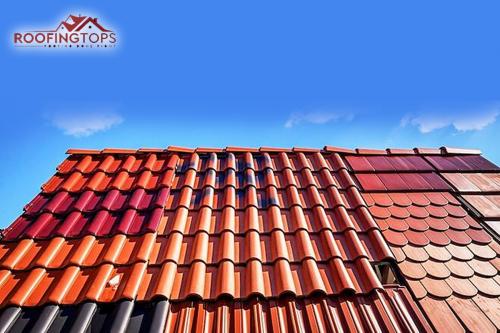
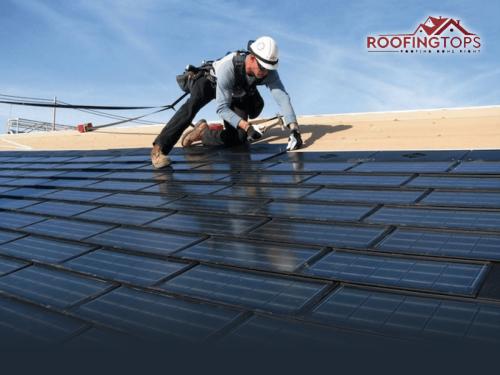

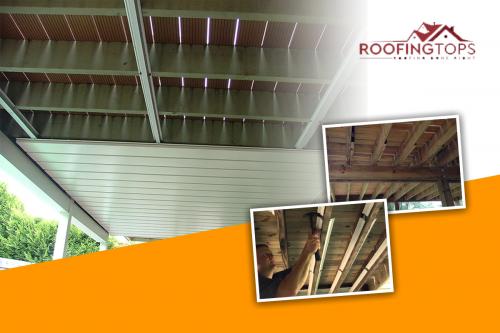
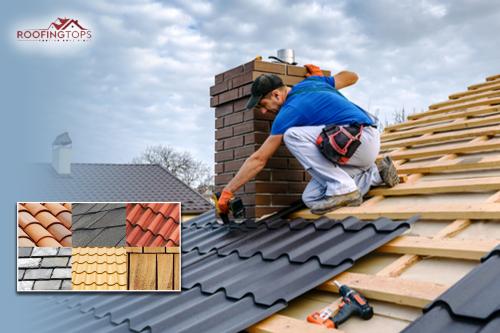
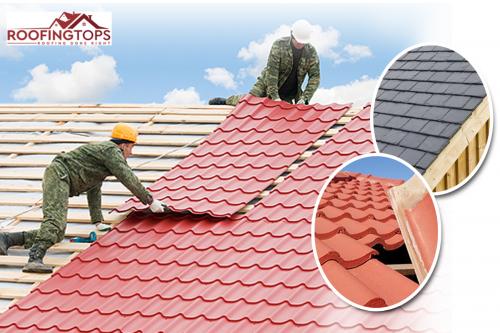
Comments